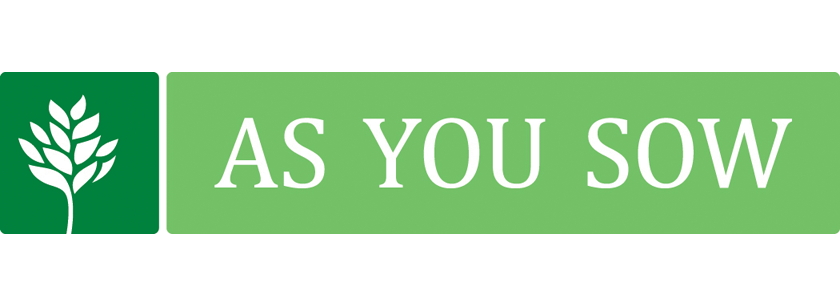
Of the more than 200 billion beverage containers sold in the U.S. annually, more than 130 billion of them end up in landfills or are incinerated. Beverage container recycling rates have been on the decline nationally, from 54% in 1992 to less than 33% today.
The above information is according to a report assessing corporate progress on recycling.
Waste & Opportunity: U.S. Beverage Container Recycling Scorecard and Report, 2011 is a study put out by the group
As You Sow.
Founded in 1992, As You Sow is a nonprofit organization that promotes environmental and social corporate responsibility through shareholder advocacy, coalition building and innovative legal strategies. As You Sow endeavors to increase corporate accountability on important issues like beverage container recycling.
Beverage container recycling directly impacts climate change and energy security. According to As You Sow, “If all of the beverage containers that were wasted last year (2010) had been recycled, 15.6 million metric tons of greenhouse gases would have been avoided, the equivalent to emissions from 36.2 million barrels of oil, which is equal to 52 days of oil imports from Iraq.”
As You Sow has been pushing large beverage companies like Dr. Pepper Snapple Group and the Coca-Cola Company to set container recycling and recycled content goals, and beverage and food retailers like Starbucks to take responsibility for the collection and recycling of beverage and food containers left in their cafés.
As You Sow was also responsible for the recent decision at McDonald’s to look into phasing out the nonrecyclable
polystyrene cups the company uses. As a result, the company will be testing a new paper cup in 2,000 (15%) of its stores. Since paper cups can be recycled, McDonald’s will significantly reduce the amount of waste it is currently producing, not to mention getting the polystyrene out of our waste stream.
Key findings in the Waste & Opportunity Report
- The Coca-Cola Company, historically opposed to container deposit systems, indicated it is now “neutral” on a voluntary deposit system administered by associated industries — an apparent softening of its position.
- Since As You Sow’s 2008 “Waste & Opportunity” report, there have not been significant increases in recycled content:
- PepsiCo continues to have the highest use of recycled polyethylene terephthalate (rPET) — 10% across all product lines — with a commitment to maintain and increase this percentage.
- Coca-Cola was unable to meet a commitment to use 10% rPET across its product lines in 2010.
- New Belgium Brewing Company currently uses 50% recycled glass, the highest reported, in its 22-oz. bottles.
- Nestlé Waters uses 50% recycled PET in its re-source brand bottles, but lacks a companywide commitment for reprocessed PET or rPET.
For more information, visit asyousow.org. As You Sow’s Conrad MacKerron appeared on the Green is Good radio program. Listen here.
